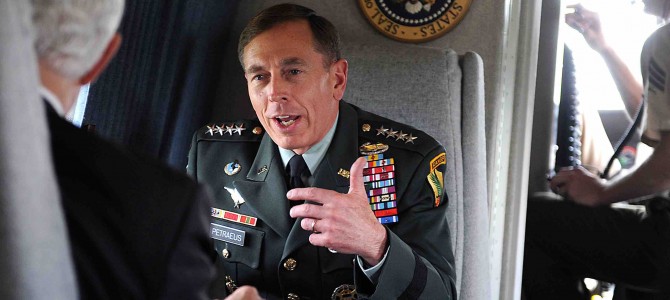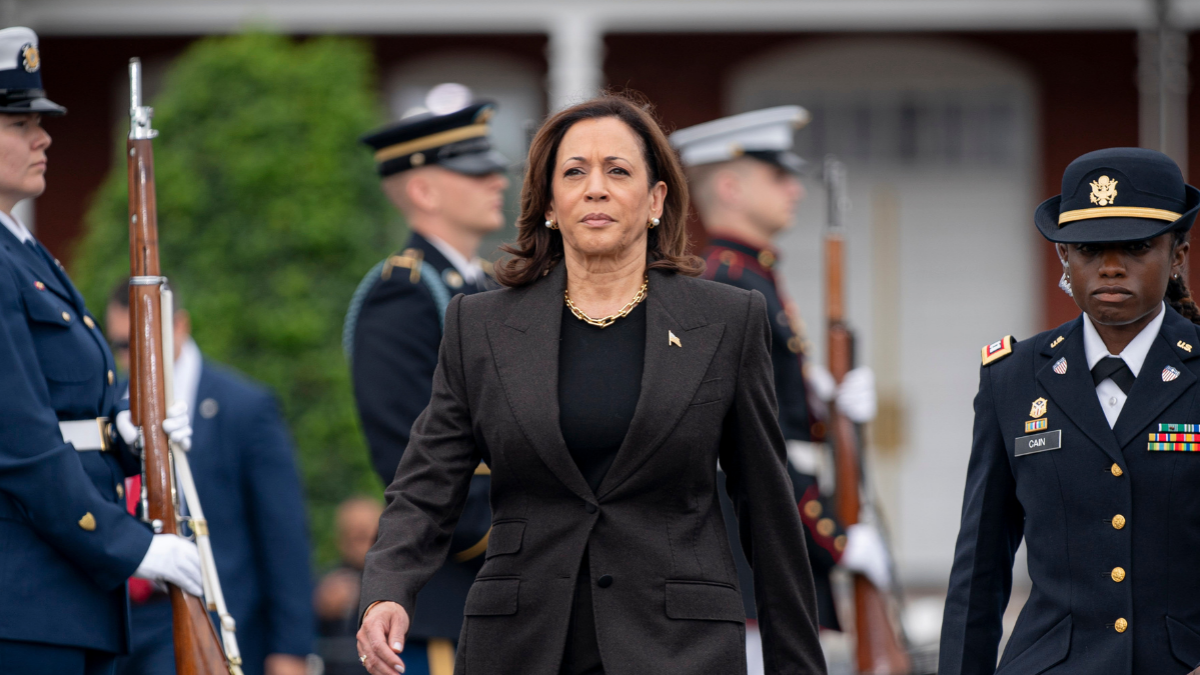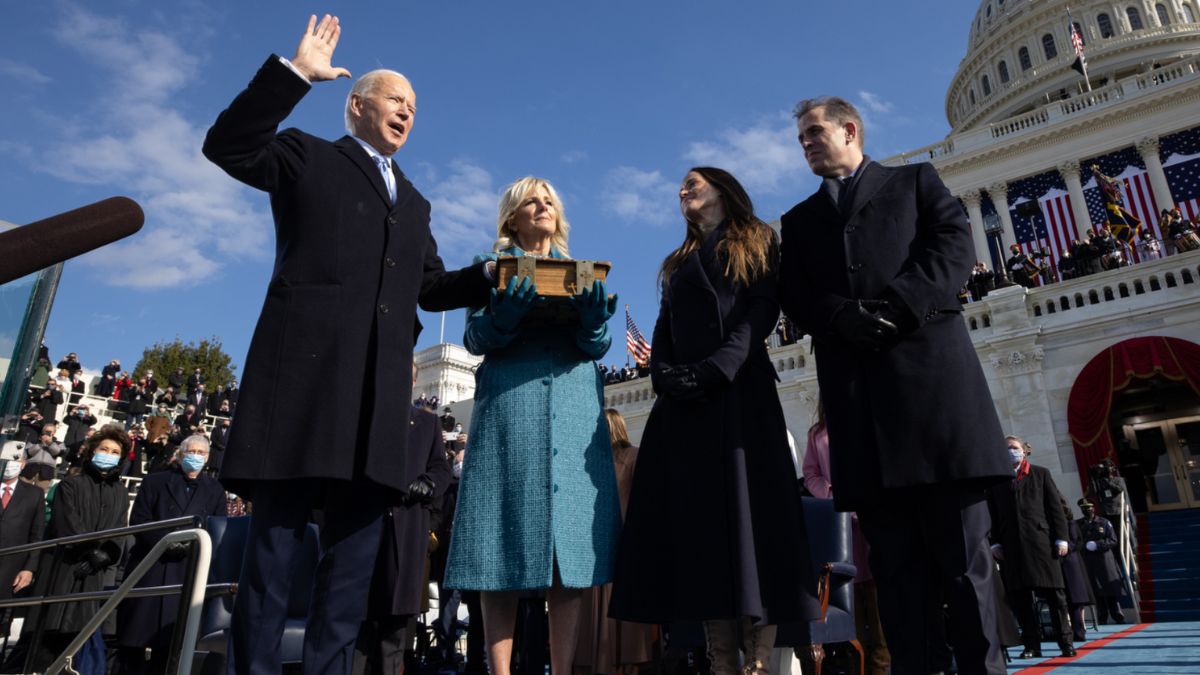
“In 1814 we took a little trip / along with Col. Jackson down the mighty Mississip’ / We took a little bacon and we took a little beans / and we caught the bloody British on a town of New Orleans.” So begins the famous Jimmy Driftwood song about rescued valor. The War of 1812 was a contentious affair. America got some of what it wanted diplomatically, but ended up with a torched White House. Canadians still brag about that bit of grand arsony to this day.
The Battle of New Orleans, fought near the city in January 1815, helped Americans to get a bit of their own back. The British army, which had just defeated Napoleon, came at a much smaller force of sharp-shooting back country continentals, and lost badly. The lopsided victory, which saw British forces routed and humiliated, technically came after the peace treaty had been signed. Word traveled much slower than bullets and grapeshot in those days.
The surprise victory catapulted the reputation of its commander, Major General Andrew Jackson. After laying waste to the British, “Old Hickory” turned his sights to Washington DC, winning first the popular vote and then the White House, twice. He slew the national bank, forced out most of his own Cabinet over an argument about the virtue of his secretary of war’s wife, and created a new kind of democratic politics in the process.
Jackson Voter, Beware
David Ignatius’s recent Washington Post column on military potentials for president reminded me of this, for two reasons. The left-leaning foreign policy wonk was not happy with the nominees the Republican Party will likely choose from, so he suggested drafting a retired general if no candidate wins at the national convention on the first ballot.
The first reason Jackson came to mind was of the “be careful what you wish for” variety. It’s possible Ignatius was thinking of him also when he gave about two-fifths of a sentence worth of reservations, before shrugging. “While military leaders can sometimes be dangerous in politics,” Ignatius admitted, “our best generals and admirals embody the democratic values and leadership skills for which the country is yearning.”
The second reason Jackson resonated was for the historical contrast. The retired generals Ignatius suggested for the job of commander-in-chief were James Mattis, Stanley McChrystal, and David Petraeus, as well as retired Admiral Mike Mullen. The response many American readers may have to some of those names is, “Who?”
Petraeus is probably the most recognizable name on Ignatius’s list, but for bad reasons as well as good. He was the commanding general in Iraq who oversaw the “surge,” the re-build-up of American forces that pacified enough of Iraq to make a political settlement possible. Yet he was also subsequently head of the CIA who passed off classified information to a biographer with whom he was having an affair. He had to cop a plea to a misdemeanor charge, costing him $100,000 and two years’ probation.
Why Generals Used to Win
The rest of them, Federalist readers have probably heard of, glancingly. Why is that? Leaving aside Jackson, generals have played a significant role in American politics in the past. The “father of our country” was general and then President George Washington. Ulysses Grant was “Lincoln’s general” who did so much to win the Civil War, then presided for two terms over the union he’d hammered back together. Dwight Eisenhower oversaw the European theatre of World War II. He beat Hitler, then beat on Adlai Stevenson like a drum.
Where have all the old generals gone today? Mostly they avoid politics, for a number of perfectly good reasons. Their expertise is sought after in retirement and they can make a small fortune consulting, speaking, and writing their memoirs. Some generals can find the back-and-forth deal making of politics intolerable. William Sherman rebuffed Republican efforts to draft him, saying, “I will not accept if nominated and will not serve if elected.”
But the larger reason for the dearth of generals in American political leadership has to do with the way we wage war today. America used to do a much better job of defining conflicts that generals could go on to win and thus be celebrated for their achievement.
Petraeus is the closest thing to a winning general we’ve had in a while, and that was only after half a decade of “war on terror” and “freedom agenda” talk got us nowhere slow, at the price of much blood and treasure. He made the case for, and got, a build-up of forces to pacify a nation simmering with sectarian tensions that were frequently aggravated by jihadis with suicide vests and improvised explosive devices. Even there, he didn’t win the war so much as salvage the peace long enough for American forces to vamoose.
Spending Big, Accomplishing Little
Please don’t misunderstand, discerning reader. I would personally buy Petraeus a drink for making that withdrawal possible. Okay, several drinks and a cab ride home. But the fact that his limited and temporary success stands out only points to a deeply problematic paradox of America power.
“The United States, with total expenditure of $596 billion [in 2015], remains by far the world’s largest military spender, at nearly three times the level of China,” reported the respected Stockholm International Peace Research Institute in its latest annual survey of military spending. In fact, America spent more on its war-making capacity than the next seven nations not just individually but all lumped together. What do we get for that vast expenditure of taxpayer dollars?
America seems to be spending good money after bad strategy. We come up with vague, feel-good goals with no concrete way to achieve them. The generals do the best they can, but are ultimately hamstrung by dumb orders from above, by people whose connection with the military is truly tenuous. Perhaps, like Petraeus, they can manage to make the best of a bad situation. That’s hardly the stuff that presidencies are made of.









